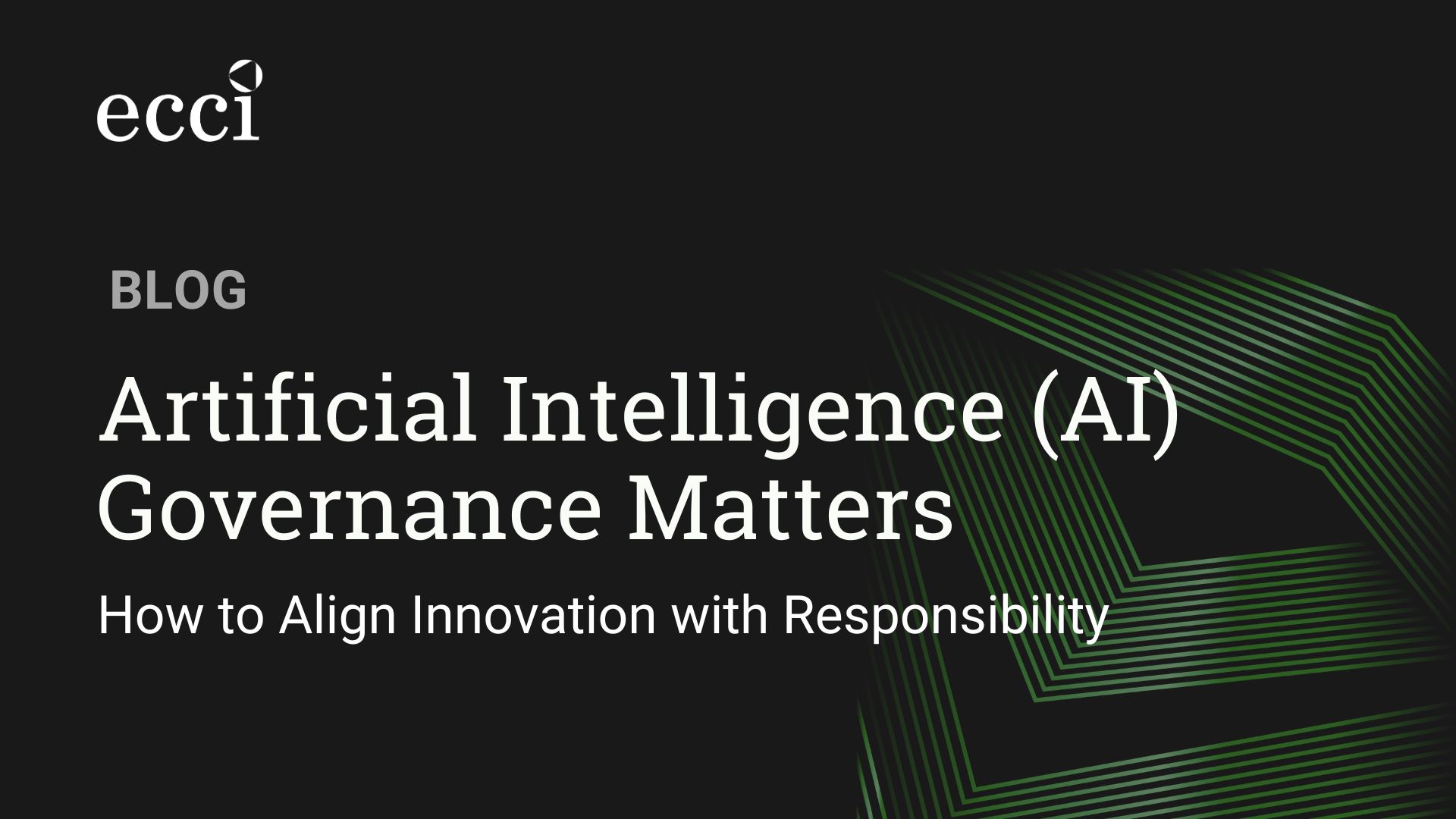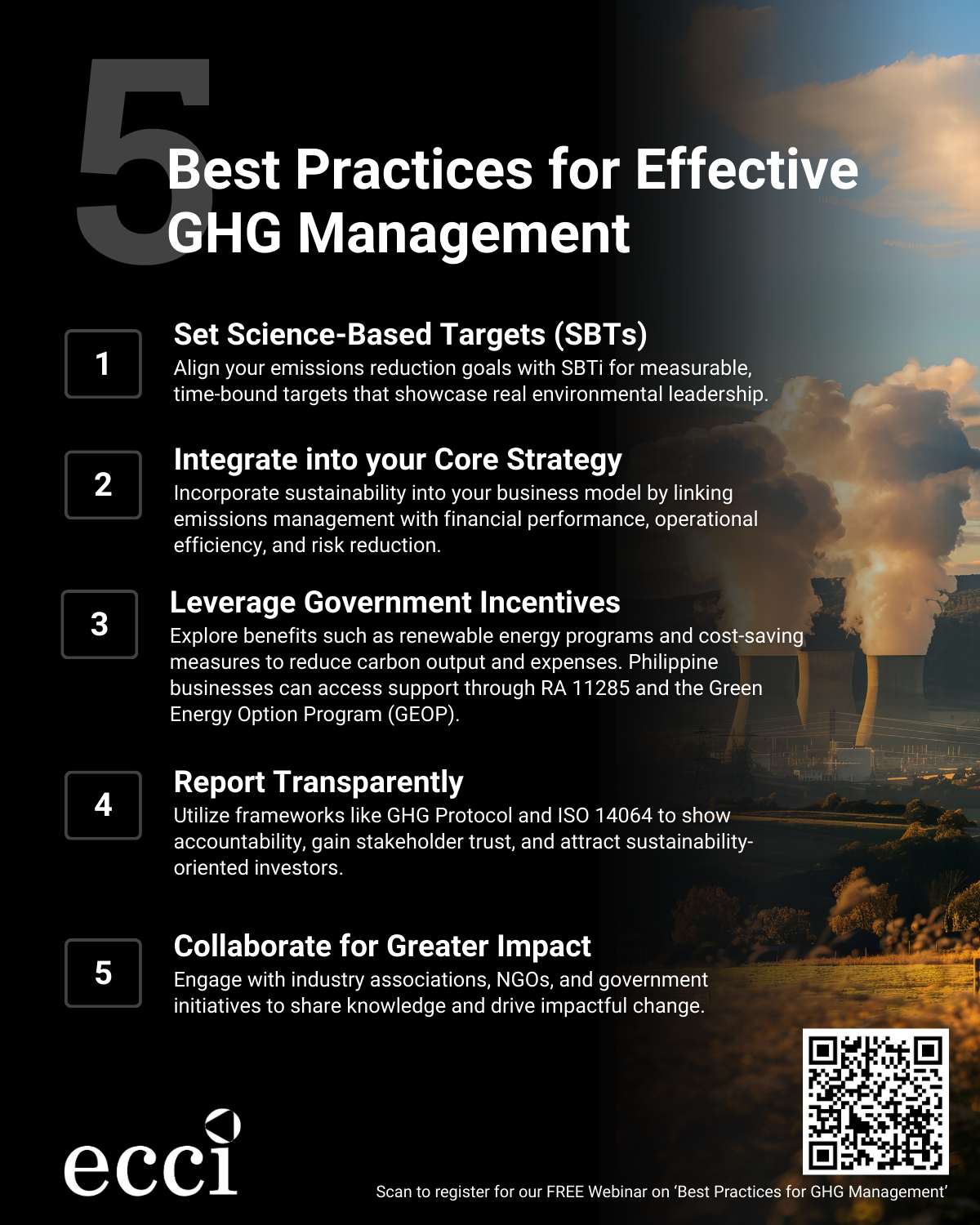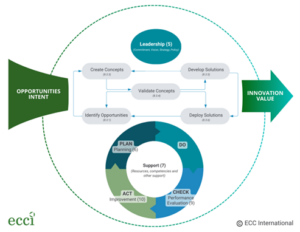The Power and Potential of AI in Business
Artificial Intelligence (AI) is reshaping the way organizations operate, offering unparalleled opportunities for efficiency, innovation, and strategic decision-making. From automating complex processes to enhancing customer experiences and predictive insights, AI has become an essential driver of business growth. However, its successful implementation requires more than just technological adoption—it demands a structured and responsible approach that aligns with business objectives, regulatory compliance, and ethical considerations.
Without a clear AI strategy, businesses may encounter challenges in implementation, governance, and long-term scalability. Ensuring AI remains a trusted business asset involves careful planning, risk management, and adherence to global standards.
The Need for AI Governance Frameworks
As AI technology continues to evolve, so do the risks and challenges associated with its deployment. Organizations face concerns related to bias, transparency, security, and ethical implications, making AI governance a critical component of responsible AI adoption. Without a standardized approach, businesses may struggle to balance innovation with compliance and trustworthiness.
To address these concerns, global regulatory bodies and industry leaders have introduced AI governance frameworks that provide essential guidelines for responsible AI implementation. These frameworks help organizations:
- Establish governance structures to oversee AI development and deployment.
- Mitigate risks related to AI bias, security vulnerabilities, and data privacy.
- Promote transparency and explainability in AI decision-making.
- Ensure compliance with international regulations and best practices.
- Build public and stakeholder trust in AI-driven solutions.
As AI has grown quickly, frameworks like ISO/IEC 42001:2023 and the NIST AI Risk Management Framework (AI RMF 1.0) have appeared to offer structured advice on AI governance. These frameworks make sure that organizations can innovate responsibly while still following the rules and being ethical.
Building a Strong AI Foundation with Global Standards
A well-governed AI system requires robust frameworks to ensure transparency, accountability, and long-term effectiveness. International standards establish clear guidelines for AI governance, risk management, and ethical deployment.
ISO/IEC 42001:2023—Artificial Intelligence (AI) Management Systems
ISO/IEC 42001:2023 is the world’s first Artificial Intelligence (AI) Management System (AIMS) standard, providing a comprehensive framework for organizations to manage AI responsibly. It outlines key requirements for establishing, implementing, maintaining, and continually improving an AI management system. The framework helps organizations:
- Define clear AI policies and objectives.
- Establish roles and responsibilities for AI governance.
- Identify and mitigate AI-related risks.
- Address ethical considerations and regulatory compliance.
- Ensure AI lifecycle management—from development to decommissioning.
By leveraging ISO/IEC 42001, businesses can create a structured, transparent, and responsible AI governance model that fosters innovation while mitigating risks.
NIST AI Risk Management Framework (AI RMF 1.0)
Developed by the U.S. National Institute of Standards and Technology (NIST), the AI Risk Management Framework (AI RMF 1.0) provides a structured approach for managing AI-related risks. This framework ensures AI systems align with business goals, regulatory requirements, and ethical considerations. Key principles include:
- Fairness & Transparency: Identifying and mitigating biases to build trustworthy AI models.
- Accountability: Establishing clear governance structures to ensure responsible AI deployment.
- Security & Compliance: Addressing potential vulnerabilities and aligning AI applications with industry regulations.
- Explainability & Trust: Enhancing AI system interpretability to foster trust among stakeholders.
By integrating the NIST AI RMF, businesses can proactively manage AI-related risks while driving innovation and competitive advantage.
Why a Structured AI Strategy Matters
AI is more than just an advanced technology—it is a transformative force that requires careful planning and governance. Businesses that successfully integrate AI into their operations benefit from:
- Increased Efficiency: Automating repetitive tasks and optimizing workflows.
- Enhanced Decision-Making: Leveraging data-driven insights for strategic growth.
- Competitive Advantage: Staying ahead of market trends with intelligent automation.
- Regulatory Compliance: Meeting industry standards and minimizing legal risks.
- Customer Trust: Ensuring ethical AI practices that foster transparency and reliability.
Partner with us for responsible AI adoption
Navigating AI adoption requires expertise, strategic planning, and adherence to global best practices. Our AI consulting services guide organizations through every stage of AI implementation—from assessing readiness and identifying high-impact use cases to developing responsible AI governance frameworks. With a focus on transparency, fairness, and compliance, we help businesses transform AI into a trusted and sustainable asset.
Embrace the future of AI with confidence—let us help you build an AI-driven strategy that delivers measurable business impact while ensuring ethical and responsible innovation.








